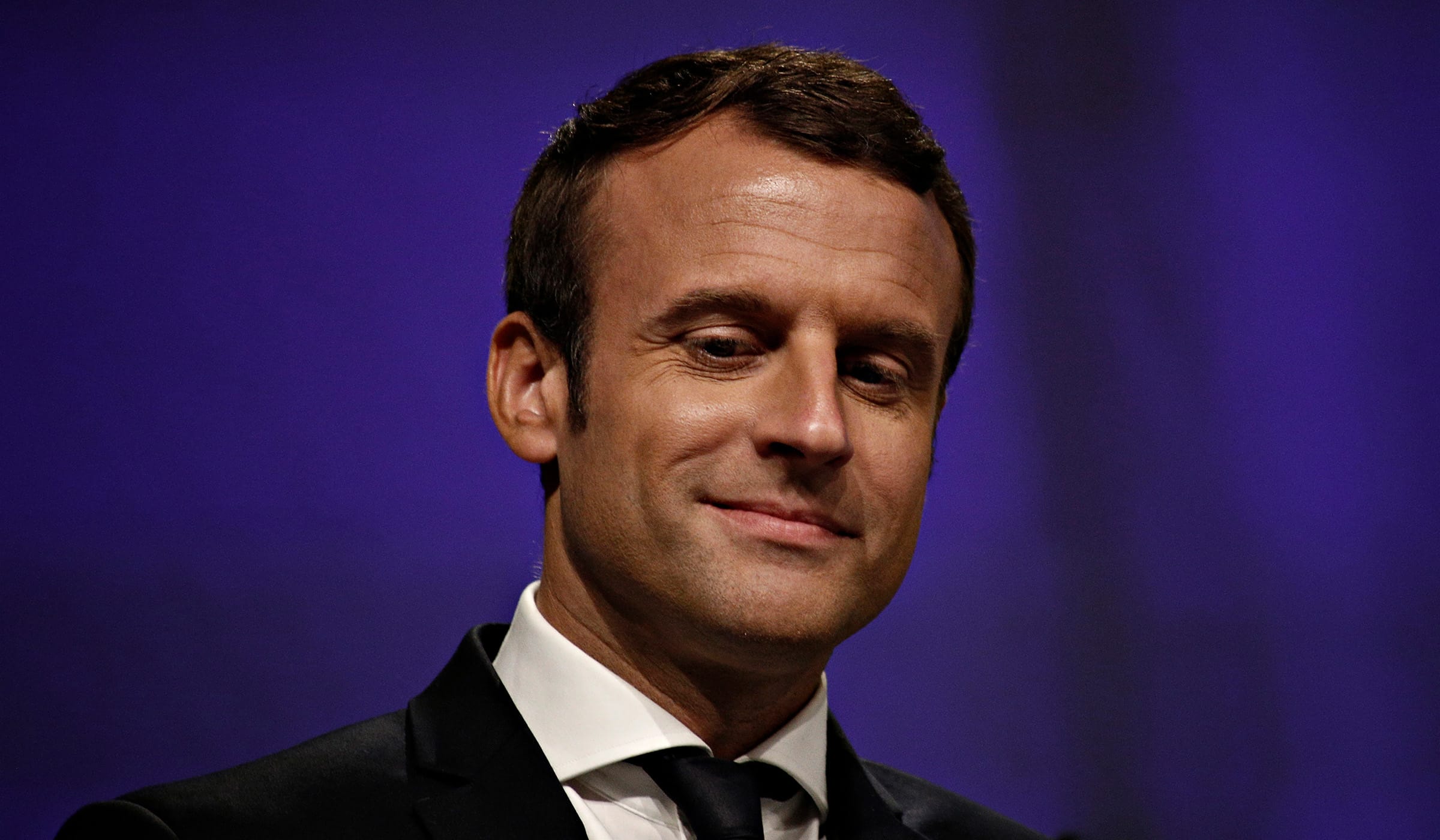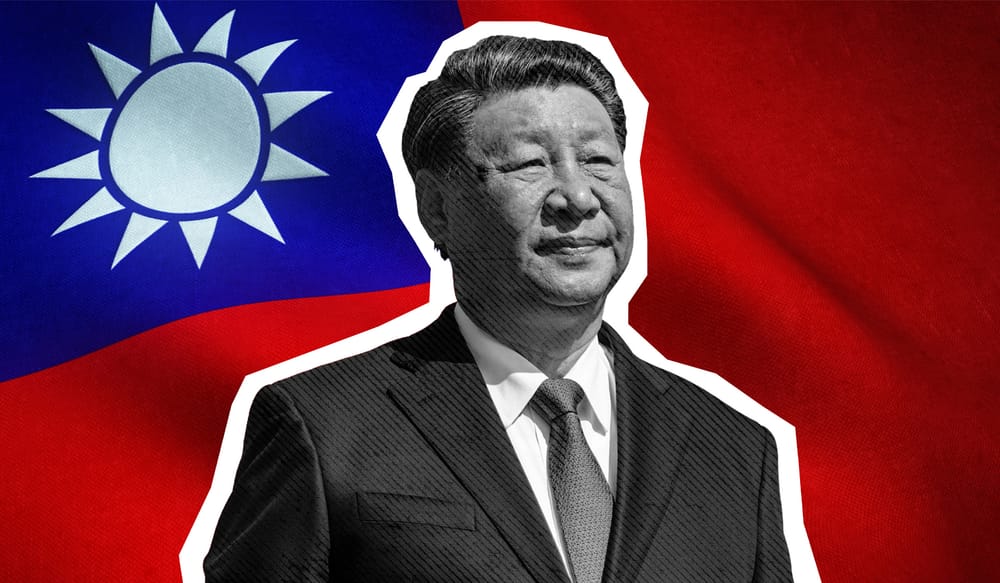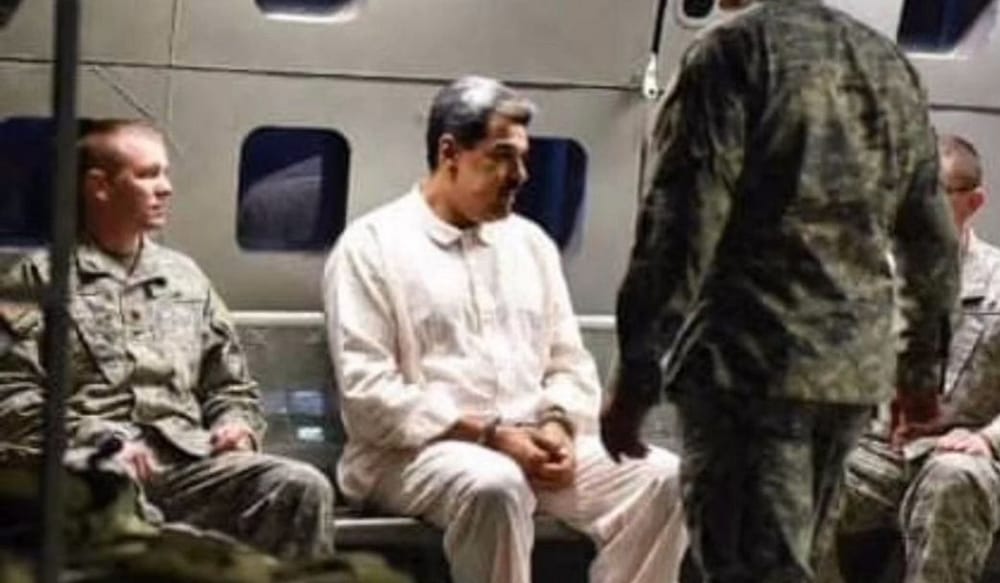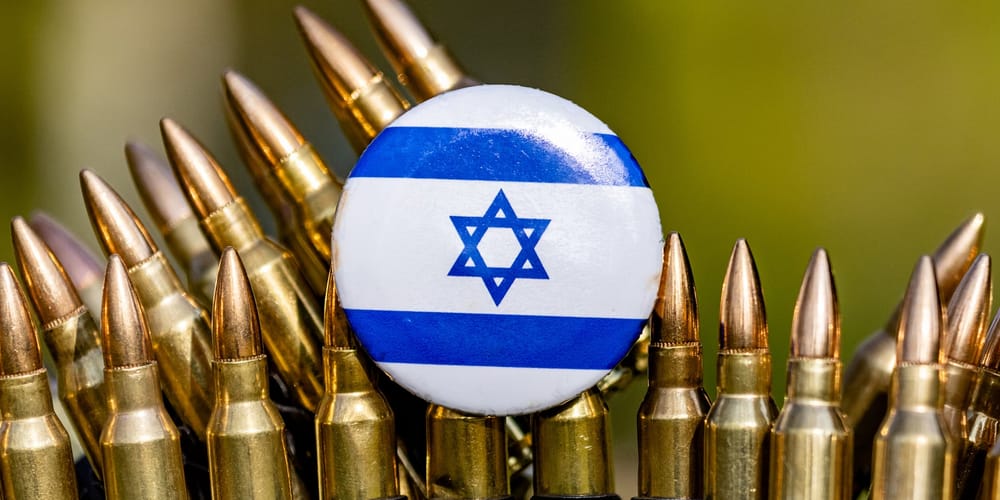I have to say that when I heard about Emmanuel Macron's intention to recognise Palestine next month I couldn't understand why he would make such an obvious, childish mistake.
Why make such an announcement when it obviously plays into the hands of Hamas, appearing to be a de facto reward for its atrocities committed on October 7, 2023?
But now as the international conference in New York has concluded with a joint statement backed by all 22 Arab League countries, the EU and a number of others (like UK, Canada or Australia), I have to hand it to the French president – it was a very impressive diplomatic manoeuvre.
It seems that France has spearheaded an effort to bring all Arab nations to the table and jointly condemn Hamas, demanding its disarmament and withdrawal from governance, in order to break the stalemate on the ongoing war and Palestinian statehood, which could offer hope for a more permanent solution to the untenable situation.
What seemed like a coup for Hamas has turned into its complete public disavowal by the Arab world. And it appears that Emmanuel Macron is the one who deserves credit for this achievement.
Opportunity in disguise for Israel
While the intended official recognition of Palestinian statehood by France, UK and now Canada is a bitter pill to swallow for Israel, it is not the end of the world as 140 other nations have already done so in the past.
Meanwhile, the conditional nature of the future state of Palestine under this proposal – that is without Hamas playing any role in it – should be a welcome breakthrough for Jerusalem.
It's clear that the IDF can't eradicate the group, especially as it still hides behind hostages.
But even without them it would be hard to imagine its place not being taken by another extremist organisation.
As Henry Kissinger observed "The conventional army loses if it does not win. The guerrilla wins if he does not lose."
Even the mighty US had to withdraw from Vietnam or, recently, Afghanistan. Not because of its weakness in the battlefield, but due to the mounting financial and political cost of fighting a fundamentally decentralised insurgent network that cannot be decapitated as it draws from an endless stream of volunteers willing to sacrifice themselves.
That's why public lashing of Hamas by the Arab world and its unanimous demand that it frees all hostages, disarms and leaves Palestinian politics is so important.
The organisation has found itself completely isolated and, following the humiliating 12 day war with Israel, not even Iran can come to its aid.
Hamas can keep fighting against Israel but can it resist the entire Arab world, which has clearly had enough?
Addressing the Hamas' issue was necessary for the whole diplomatic ploy to work, as it leaves Israel with no excuse not to commit to that roadmap.
If it gets its hostages back, if it achieves Hamas' disarmament and if foreign nations and the UN are committing themselves to organising a peacekeeping mission in Palestine, then how can Israel continue to refuse the revival of the negotiations on the future Palestinian state?
At the same time, Israeli interests remain safe for as long as Hamas itself refuses to heed the demands imposed on it. So it is not like the government in Jerusalem is pressured to agree to any unacceptable preconditions that would preserve the terror group's grip on Gaza and influence in the West Bank.
As long as Hamas sticks to its guns, Israel can always place the blame on it.
However, the problem for Netanyahu and his allies is what happens if it does lay them down.
Israeli right finds itself outmanoeuvred
Benjamin Netanyahu has always been sceptical of a two-state solution and his government depends on support of those who not only refuse to accept a possibility of the existence of a future Palestinian state but demand incorporation of all of its territories into Israel.
In fact, just a week ago Knesset passed a non-binding motion calling for the annexation of the West Bank.
However, if the international diplomatic pressure succeeds in pushing Hamas out of Palestinian politics and brings the return of Israeli hostages, the domestic appetite for any expansion of holdings in Palestinian Territories is likely to collapse, as Israelis themselves are tired of war.
Israeli right will struggle to produce good arguments in favour of future control over Gaza and the West Bank if the Arab League offers to play a stabilising role – especially if it happens in tandem with broad recognition of Israel.
Until now domestic conservatives have had plenty of good reasons to cast doubt on Palestinian willingness to coexist with a Jewish state. But if Arab states are willing to step in and guarantee order then Israel will find it very difficult to say no, as it would put it on a collision course with those it seeks normalisation with.
Saving Israel from itself
In certain ways this forceful external intervention into the conflict could save the increasingly right-wing Israel from itself.
While the olive branch extended by the political left to Palestinians over the years has consistently failed to produce progress, it's really hard to see how the right's insistence on annexation could achieve it instead.
West Bank alone is home to over 3 million Palestinian Arabs and, for obvious reasons, Israel would neither be able to provide them with citizenships nor permanent residence and freedom of movement within the country.
The status quo of keeping them in fragmented, walled-off communities would remain intact, continuing to create tensions that regularly boil over in violent clashes and terrorism.
Years-long attempts at making their lives difficult to perhaps encourage emigration have demonstrably failed, as their population has doubled over the past 30 years.
What exactly is the end goal for Israeli right-wingers then?
Short of an actual genocide it's hard to see how the Palestinian threat to Israeli security is supposed to just go away – no matter how many walls and checkpoints are erected.
At the same time, Palestinian domestic governance is corrupt and dysfunctional, and without constructive, peaceful political management they can't expect their lives to improve either.
That's where the Gulf countries offer a glimmer of hope if they provide assistance and funding, under strict security control to satisfy Israel's concerns which would shift the responsibility for keeping the peace from Jews to Arabs.
The price would be agreeing to Palestinian independence and giving up enough of the West Bank to guarantee reasonable contiguity of the future state.
If the Arab world can seriously commit to providing Israel with assurances, security personnel and investment in Palestine, then it might just be enough to finally cut this Gordian knot.









